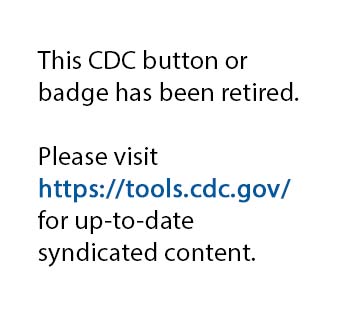
Basic TB Facts
Tuberculosis (TB) is caused by a bacterium called Mycobacterium tuberculosis. The bacteria usually attack the lungs, but TB bacteria can attack any part of the body such as the kidney, spine, and brain. If not treated properly, TB disease can be fatal.
How TB Spreads
TB is spread through the air from one person to another.
Latent TB Infection
TB bacteria can live in body without making you sick. This is called latent TB infection. In most people who breathe in TB bacteria and become infected, the body is able to fight the bacteria to stop them from growing. People with latent TB infection do not feel sick and do not have any symptoms. People with latent TB infection are not infectious and cannot spread TB bacteria to others. However, if TB bacteria becomes active in the body and multiply, the person will go from having latent TB infection to being sick with TB disease.
 TB Disease
TB Disease
TB bacteria becomes active is the immune system can’t stop them from growing. When TB bacteria are active (multiplying in your body), this is called TB disease. People with TB disease are sick. They may also be able to spread the bacteria to people they spend time with every day. Many people who have latent TB infection never develop TB disease. Some people develop TB disease soon after becoming infected (within weeks) before their immune system can fight the TB bacteria. Other people may get sick years later when their immune system becomes weak for another reason. For people whose immune systems are weak, especially those with HIV infection, the risk of developing TB disease is much higher than for people with normal immune systems.
What Is Tuberculosis or TB?
Tuberculosis is an airborne disease, which primarily affects the lungs but can also affect other organs. People who are infected with TB are not contagious until their infection develops into active TB disease. The symptoms of tuberculosis include: Coughing up blood, weakness, loss of appetite, chest pains, anorexia, weight loss, chills, failure to thrive, abnormal chest x-ray, night sweats, fever, difficulty breathing, cough, and shortness of breath.
The Graves County Health Department carries out tuberculosis control activities under the guidance of the Kentucky Tuberculosis Control program. The goals of this program are to:
(1) Render and maintain as non-infectious all persons with TB disease
(2) Ensure non-infected persons do not become infected
(3) Ensure that individuals who are infected but don’t have TB disease remain non-infectious.
Graves County Health Department works toward these goals through TB control activities in our community. Control activities include, but are not limited to, TB testing, TB assessment, disease surveillance, and administration/observation of drug therapies.
View latest Tuberculosis recommendations.
TB tests are generally not needed for people with a low risk of infection with TB bacteria.
Certain people should be tested for TB bacteria because they are more likely to get TB disease, including:
- People who have spent time with someone who has TB disease
- People with HIV infection or another medical problem that weakens the immune system
- People who have symptoms of TB disease (fever, night sweats, cough, and weight loss)
- People from a country where TB disease is common (most countries in Latin America, the Caribbean, Africa, Asia, Eastern Europe, and Russia)
- People who live or work somewhere in the United States where TB disease is more common (homeless shelters, prison or jails, or nursing homes)
- People who use illegal drugs
- Healthcare workers



